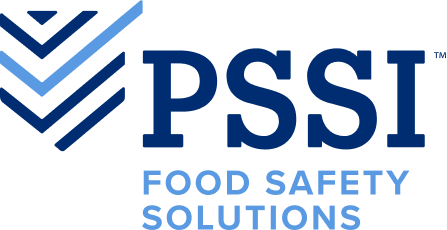May is National Hamburger Month; a time to celebrate and enjoy one of America’s favorite foods. Between two lightly toasted buns sits a ground beef patty, and hopefully it has been cooked properly to kill any contaminating E. coli O157:H7. This microbe was first recognized as a pathogen in 1982 but got its fame from causing illnesses and death when people ate undercooked hamburgers from a fast-food chain in 1993.

Burger Fun Facts
- Americans consume 50 billion hamburgers a year, enough to circle the Earth more than 32 times.
- Hamburgers got their name from Hamburg, Germany, home of the Hamburg steak. The Hamburg steak evolved into what we know as the hamburger.
- In the United States, McDonald’s is the most popular hamburger chain and White Castle is the oldest.
After the hamburger outbreak in 1993, food industry professionals and government agencies rallied to prevent further foodborne illnesses from E. coli O157:H7. Over the years the number of E. coli O157:H7 infections have decreased; however, large outbreaks and sporadic cases continue to occur.
The number of cells needed to cause an infection is called the infective dose, and for E. coli O157:H7 it is estimated to be very low, in the range of 10 to 100 cells. When consumed in contaminated food, E. coli O157:H7 produce a toxin that causes people to have diarrhea that is often bloody.
Healthy cattle are natural carriers of E. coli O157:H7, which explains why bovine food products and fresh produce contaminated with bovine waste are the most common sources for E. coli O157:H7 outbreaks in the United States.

A key characteristic of E. coli O157:H7 is their ability to protect themselves from extremely low pH environments (<pH 3.0), like those found in the stomach. Surviving in acidic conditions is called acid resistance. Their acid resistance allows them to withstand the stomach and have a better chance of colonizing the intestines and causing human infection.
Prevention of E. coli O157:H7 infections:
- COOK MEATS properly. Ground beef and meat that has been needle-tenderized should be cooked to a temperature of at least 160°F/70˚C. It’s best to use a thermometer as color is not a very reliable indicator of “doneness.”
- WASH HANDS thoroughly after using the bathroom, changing diapers, before preparing or eating food, and after contact with animals.
- AVOID RAW milk, unpasteurized dairy products, and unpasteurized juices like fresh apple cider.
- PREVENT cross contamination in food preparation areas by thoroughly washing hands, counters, cutting boards, and utensils after they touch raw meat.
Following these simple preventive measures can significantly reduce or eliminate foodborne illnesses caused by E. coli O157:H7, so you can enjoy hamburgers not only during National Hamburger Month but all year round!
Reference: https://www.cdc.gov/ecoli/general/index.html

